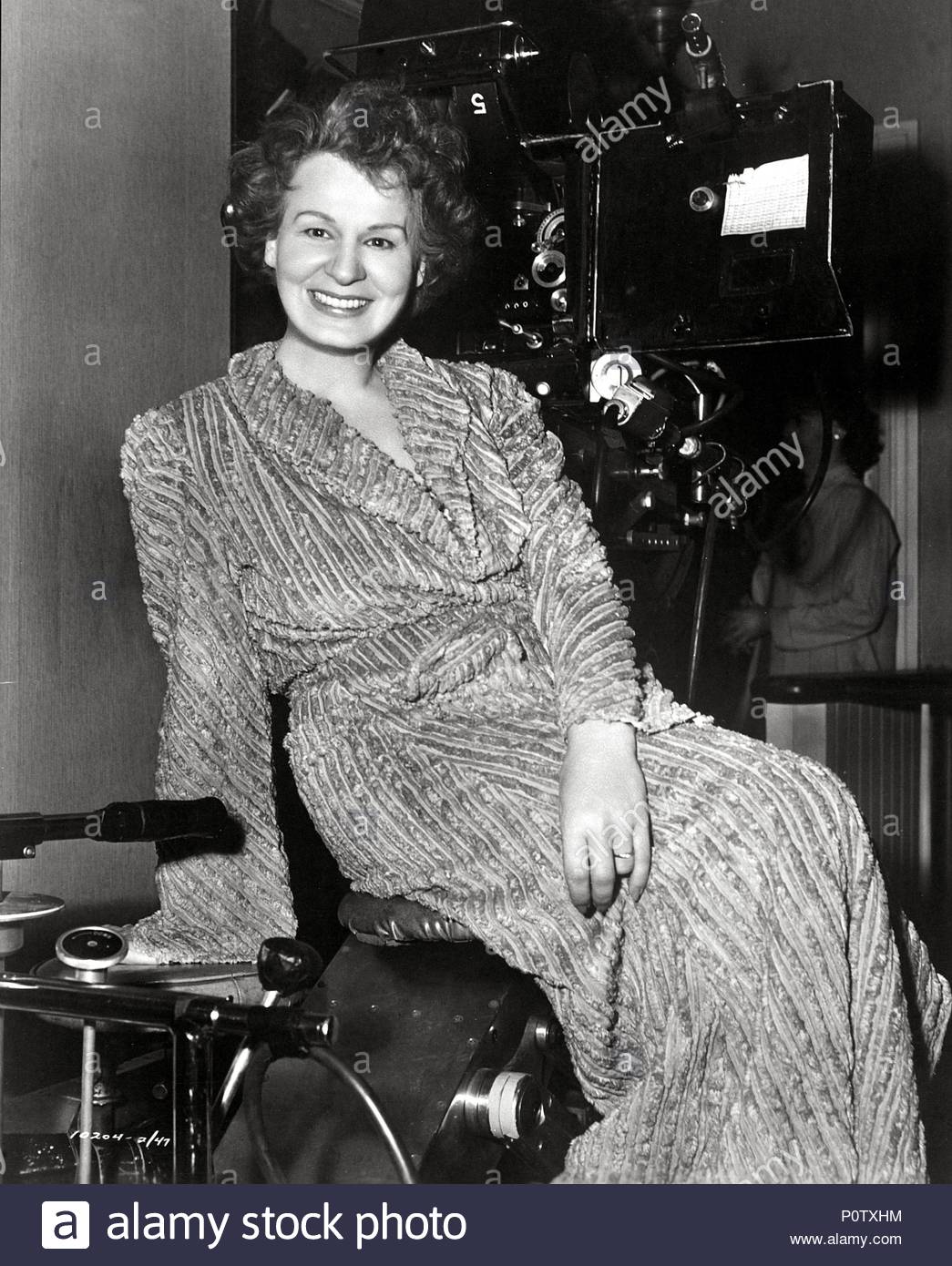Elisabeth Bergner (22 August 1897 – 12 May 1986) was an actress born at Drohobych, then in Austria-Hungary. Primarily a stage actress, her career flourished in Berlin and Paris, before she moved to London to work in films. Her signature role was Gemma Jones in Escape Me Never, a play written for her by Margaret Kennedy. She played Gemma first in London, and then in the Broadway debut and a film version, for which she was nominated for the Academy Award for Best Actress. In 1943, Bergner returned to Broadway in the play The Two Mrs. Carrolls, for which she won the Distinguished Performance Medal from the Drama League.
04/04/2019
Elisabeth Bergner-Actress
1. Profile :-
Elisabeth Bergner, 1935
Born Elisabeth Ettel
22 August 1897
Drohobych, Austro-Hungarian Empire (now Drohobych, Ukraine)
Died 12 May 1986 (aged 88)
London, England
Occupation Actress
Years active 1924–1984
Spouse(s) Paul Czinner (1933–1972) (his death)
2. Introduction :-
Elisabeth Bergner (22 August 1897 – 12 May 1986) was an actress born at Drohobych, then in Austria-Hungary. Primarily a stage actress, her career flourished in Berlin and Paris, before she moved to London to work in films. Her signature role was Gemma Jones in Escape Me Never, a play written for her by Margaret Kennedy. She played Gemma first in London, and then in the Broadway debut and a film version, for which she was nominated for the Academy Award for Best Actress. In 1943, Bergner returned to Broadway in the play The Two Mrs. Carrolls, for which she won the Distinguished Performance Medal from the Drama League.

3. Life and career :-
She first acted on stage at age 14, and appeared in Innsbruck a year later. In Vienna at age 16, she toured Austrian and German provinces with a Shakespearean company. She worked as an artist's model, posing for sculptor Wilhelm Lehmbruck, who fell in love with her. She eventually moved to Munich and later Berlin.
In 1923, she made her film debut in Der Evangelimann. With the rise of Nazism, Bergner moved to London with director Paul Czinner, and they married in 1933. Her stage work in London included The Boy David (1936) by J. M. Barrie, his last play, which he wrote especially for her, and Escape Me Never by Margaret Kennedy. Catherine the Great was banned in Germany because of the government's racial policies, reported Time on 26 March 1934.
She was nominated for an Academy Award for Best Actress for Escape Me Never (1935). She repeated her stage role of Rosalind, opposite Laurence Olivier's Orlando, in the 1936 film As You Like It, the first sound film version of Shakespeare's play, and the first sound film of any Shakespeare play filmed in England. Miss Bergner had previously only played the role on the German stage, and several critics found that her accent got in the way of their enjoyment of the film, which was not a success. She returned intermittently to the stage, for instance in the title role of John Webster's The Duchess of Malfi in 1946.
Bergner temporarily returned to Germany in 1954, where she acted in movies and on the stage; the Berlin district of Steglitz named a city park after her. In 1973, she starred in the Academy Award-nominated and Golden Globe-winner for Best Foreign-Language Foreign Film of 1974, Der Fußgänger (English title: The Pedestrian). In 1980, Austria awarded her the Cross of Merit for Science and Art, and in 1982, she won the Eleonora Duse Prize Asolo.
4. Death :-
She later moved to London, where she died aged 85 from cancer. She was cremated at Golders Green Crematorium on 15 May 1986. Her ashes lie in the West Cloister and have an oval memorial tablet.
5. All About Eve :-
Bergner is considered by several critics to be the inspiration for the character of Margo Channing in Joseph L. Mankiewicz's classic film, All About Eve. Bergner had a real-life incident about a would-be Eve Harrington when Bergner was performing in the play The Two Mrs. Carrolls (1943). Bergner helped a young actress, and the actress "took over" Bergner's life. Bergner recounted the story to writer Mary Orr, who based a short story "The Wisdom of Eve" (1946) in Cosmopolitan magazine on Bergner's experience.
In Orr's original short story, like in the film, the Eve Harrington character gets away with everything, and is last seen heading to Hollywood with a "thousand-dollar-a-week contract in her pocketbook".
6. Literary references :-
The character of Dora Martin in the novel Mephisto by Klaus Mann is reportedly based on her.
7. Bibliography :-
Anne Jespersen : Tödliche Wahrheit oder raffinierte Täuschung.
"Die Frauen in den Filmen Elisabeth Bergners" in Michael Omasta, Brigitte Mayr, Christian Cargnelli (eds.) : Carl Mayer, Scenarist: Ein Script von ihm war schon ein Film –
"A script by Carl Mayer was already a film". Synema, Vienna 2003; ISBN 3-901644-10-5 (in German)/(in English)
8. Selected filmography :-
The Evangelist (1924)
The Fiddler of Florence (1926)
Doña Juana (1927)
Fräulein Else (1929)
Ariane (1931)
Dreaming Lips (1932)
The Rise of Catherine the Great (1934)
Escape Me Never (1935)
As You Like It (1936)
Dreaming Lips (1937)
Stolen Life (1939)
49th Parallel (1941)
Paris Calling (1941)
Strogoff (1970)
Cry of the Banshee (1970)
High Society Limited (1982)
******************************************************************************
















.jpg)
.jpg)
Comments
Post a Comment